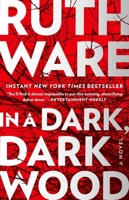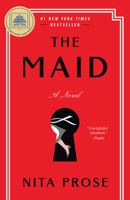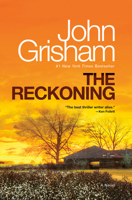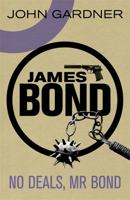With a Mind to Kill
(Book #49 in the James Bond - Extended Series Series)
Select Format
Select Condition 
You Might Also Enjoy
Book Overview
"It's almost uncanny how well Mr. Horowitz summons Bond's mindset . . . Yet this Bond also feels the winds of change: 'He had his licence to kill. But was it possible that in this new, more questioning age, that licence might have expired?' A drop of retro pleasures, a pinch of things to come; shaken, not stirred." -- Wall Street Journal
Internationally bestselling author Anthony Horowitz's third James Bond novel, after Forever and a Day.
It is M's funeral. One man is missing from the graveside: the traitor who pulled the trigger and who is now in custody, accused of M's murder--James Bond.
Behind the Iron Curtain, a group of former Smersh agents want to use the British spy in an operation that will change the balance of world power. Bond is smuggled into the lion's den--but whose orders is he following, and will he obey them when the moment of truth arrives?
In a mission where treachery is all around and one false move means death, Bond must grapple with the darkest questions about himself. But not even he knows what has happened to the man he used to be.































































